Week 1
From Basingstoke, England, junior goalkeeper Paulina Dziubek arrived in the United States with two suitcases. She previously attended Cowley County Community College in Kansas, and this marked her first time in Oklahoma.
She arrived after all the other players because of her flight delay. She met a few girls and told them to call her Paula or Paul, which got a few laughs. Despite expressing fear and uncertainty about her new environment, Dziubek said the thought of playing soccer kept her happy and excited, not sad.
The first day of practice came and went, and Paula spent it with compliance and the athletic trainers getting all her paperwork sorted out. She attended practice in the meantime, but instead of playing stood on the sideline watching the team run fitness tests and do soccer drills.
Throughout the first week, Dziubek ran from building to building hearing one thing from compliance, another from the international office and even another thing from the NCAA.
Frustrated, Dziubek said, “If I knew how much work I had and how long it was, I would have gone to a four-year university right away.”
Week 2
From the compliance to international office in100-degree heat, Dziubek ran, not for soccer, but she still got her steps in.
“It was a bit complicated,” Dziubek said. “Everyone was sending me to a different place. I was basically left on my own for most of it, until I found the right person.”
To be approved by the NCAA, Dziubek needed a high school transcript to prove her academic status and measure her years of eligibility, even though she had already attended a community college. The problem arose from the communication between her high school and the NCAA. Her high school does not keep track of transcripts, so Dziubek had to track down her original copy.
Mike Farris, director of compliance, said she had to provide an official high school transcript for NCAA reasons.
“The big thing with transfers is they are far removed from high school, and so the NCAA wants high school transcripts to establish when they graduated from high school for the purpose of determining if they need to investigate them for amateurism issues and years of eligibility,” Farris said. “They won’t accept anything other than official documents. With internationals, it’s very difficult to talk to their schools and, often, the students themselves struggle to get information from their schools.”
Her gloves and cleats sat in her bag, waiting, and she was waiting too—to play the game she loved and frustrated at something she could not understand or control.
Week 3
Dziubek arrived in America on Aug. 15. The NCAA cleared her on Sept. 4, three weeks after her arrival.
She tried to handle all the paperwork over the summer but having never dealt with the NCAA before and not truly knowing, she struggled to understand the process.
“I signed up [for the NCAA], and I had this checklist,” Dziubek said. “I emailed them all the stuff on the checklist, because I thought that’s what I had to do. Then, I found out the email I used could only be used for colleges and schools to send to NCAA and there was no other email for me to use. I finally found a link on the NCAA website for inquiries, which was very well hidden, and then things started rolling.”
Farris said he tries to keep the coaches and athletes on track throughout the summer.
“When they sign up for the NCAA, the NCAA gives them tasks,” Farris said. “I’m watching this from afar. We get 400 student athletes so I can’t do that daily. I look at it every once in a while, and I send the coach a note saying, ‘This athlete still has these tasks,’ and then they’ll contact the student athlete. I still prompt the coaches that they have tasks to do.”
The soccer season starts a week into the semester, meaning Dziubek missed two weeks of training and two weeks of playing with the team.
“I think the NCAA needs to be more clear with international students,” Dziubek said. “I know I’m not the first international student ever from England to transfer. Their website needs to be more understandable or even provide an info line.”
Apart from the NCAA, Dziubek said she believes Oklahoma Christian can also take steps to improve the process with international athletes.
“I think they need to be informed more, so the coaches know who to work with and the compliance office can know who to work with in the school,” Dziubek said. “Everyone needs to communicate better and work together to know their role in helping students with the NCAA process. Someone should have told me earlier specifically what I needed to do.”
Dziubek said Farris communicated with her over the summer, but she did not know his role or the assistance he could provide.
“I knew of him because he sent me the letter of intent and stuff, but I didn’t really know what his role was,” Dziubek said. “Maybe if he sent out an email saying, ‘Hey this is what I can help you with or if you have any other questions’ to make me realize who I could contact and what I needed to do.”

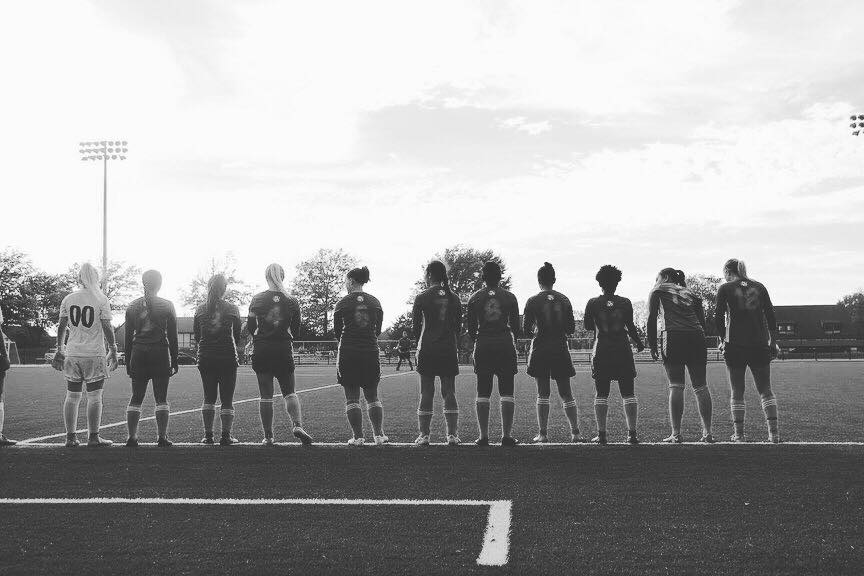





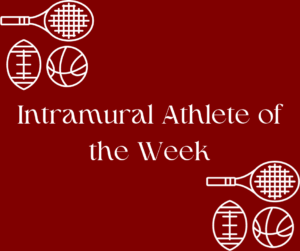
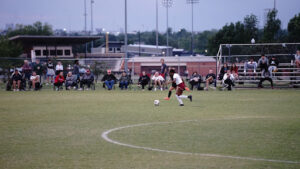
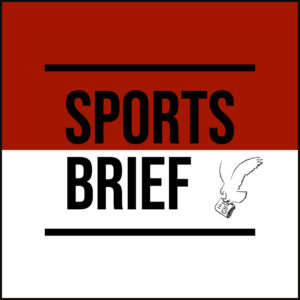

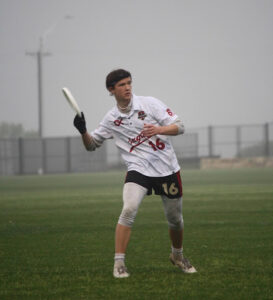
Be First to Comment